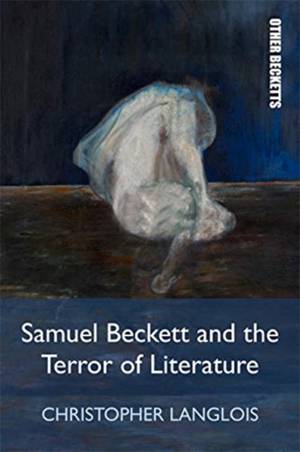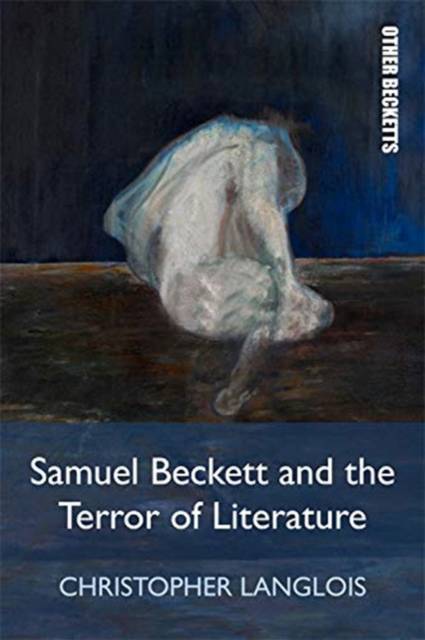
Bedankt voor het vertrouwen het afgelopen jaar! Om jou te bedanken bieden we GRATIS verzending (in België) aan op alles gedurende de hele maand januari.
- Afhalen na 1 uur in een winkel met voorraad
- In januari gratis thuislevering in België
- Ruim aanbod met 7 miljoen producten
Bedankt voor het vertrouwen het afgelopen jaar! Om jou te bedanken bieden we GRATIS verzending (in België) aan op alles gedurende de hele maand januari.
- Afhalen na 1 uur in een winkel met voorraad
- In januari gratis thuislevering in België
- Ruim aanbod met 7 miljoen producten
Zoeken
Omschrijving
Provides a sustained comparative reading of the relation between Beckett and Blanchot through its novel conception of the language and phenomenon of terror
Samuel Beckett and the Terror of Literature addresses the relevance of terror to understanding the violence, the suffering, and the pain experienced by the narrative voices of Beckett's major post-1945 works in prose: The Unnamable, Texts for Nothing, How It Is, Company, Ill Seen Ill Said, and Worstward Ho. Through a sustained dialogue with the theoretical work of Maurice Blanchot, it accomplishes a systematic interrogation of what happens in the space of literature when writing, and first of all Beckett's, encounters the language of terror, thereby giving new significance - ethical, ontological, and political - to what speaks in Beckett's texts.Key Features
Articulates a novel conceptual framework through the language of terror for reading Beckett's major post-1945 works in prose, all the while engaging with key thinkers in the discourse of contemporary critical theory like Maurice Blanchot, Emmanuel Levinas, and Alain BadiouProvides for the first time a thorough articulation of the significance of terror to Blanchot's understanding not only of what literature is as literature, but also of the literary history of modernity that Blanchot explicitly traces from the Marquis de Sade to Samuel BeckettAffords literary studies (and Beckett and Blanchot studies specifically) a distinctive and timely voice in the veritable "terror industry" of scholarly research that has proliferated in the twenty-first century against the politico-historical backdrop of the War on Terror
Specificaties
Betrokkenen
- Auteur(s):
- Uitgeverij:
Inhoud
- Aantal bladzijden:
- 272
- Taal:
- Engels
- Reeks:
Eigenschappen
- Productcode (EAN):
- 9781474444378
- Verschijningsdatum:
- 26/02/2019
- Uitvoering:
- Paperback
- Formaat:
- Trade paperback (VS)
- Afmetingen:
- 155 mm x 231 mm
- Gewicht:
- 385 g

Alleen bij Standaard Boekhandel
+ 128 punten op je klantenkaart van Standaard Boekhandel
Beoordelingen
We publiceren alleen reviews die voldoen aan de voorwaarden voor reviews. Bekijk onze voorwaarden voor reviews.









